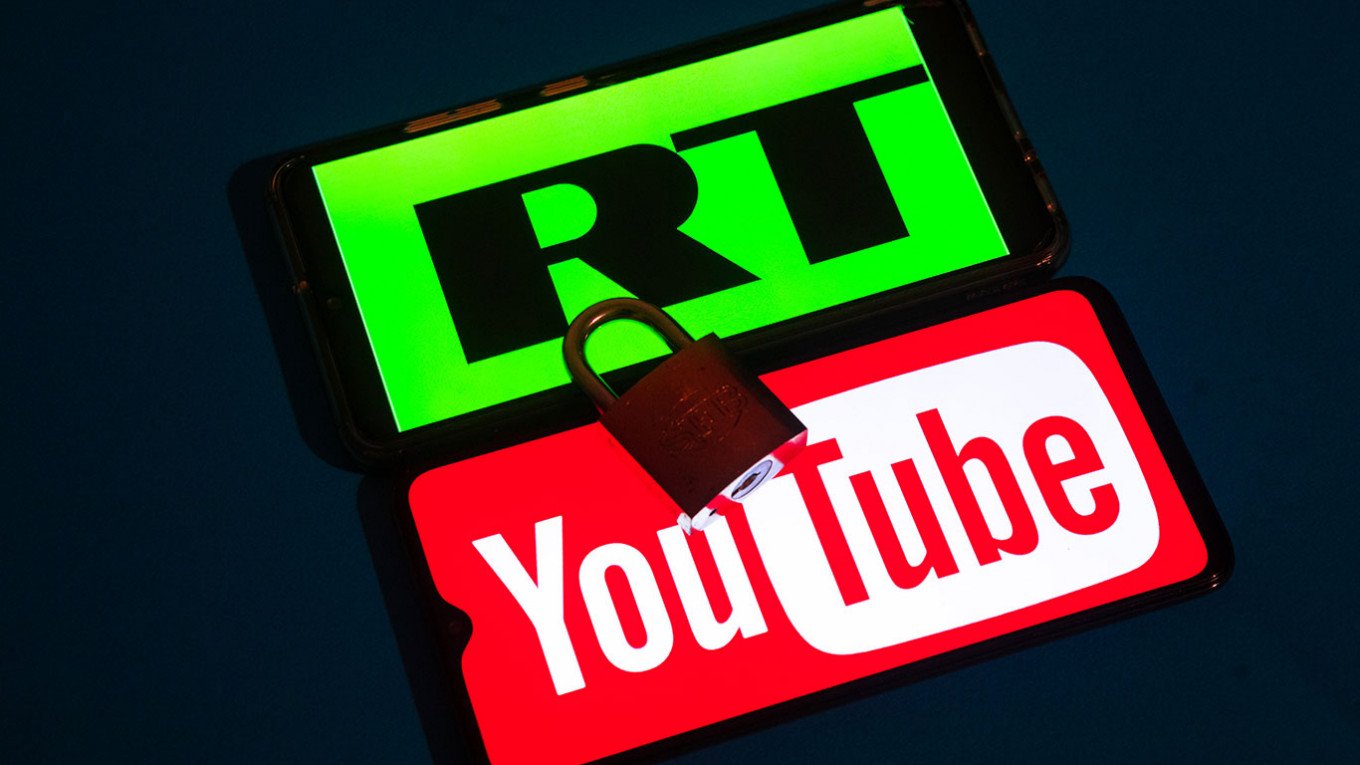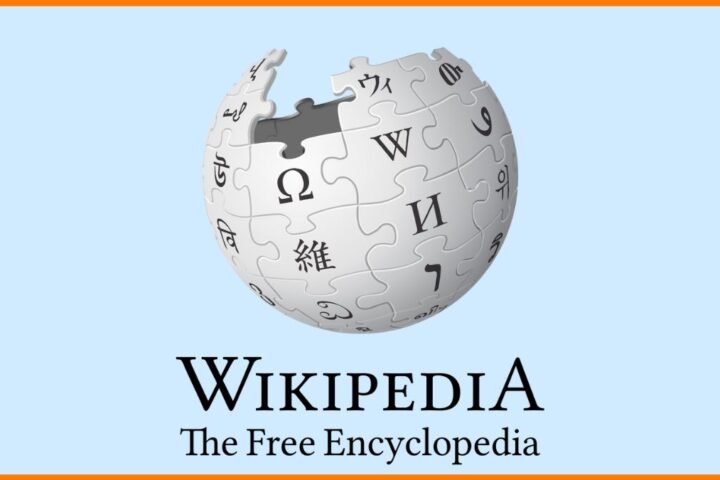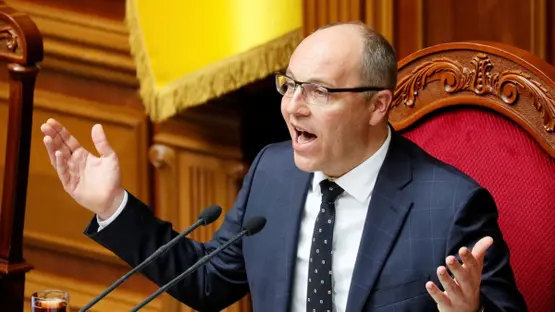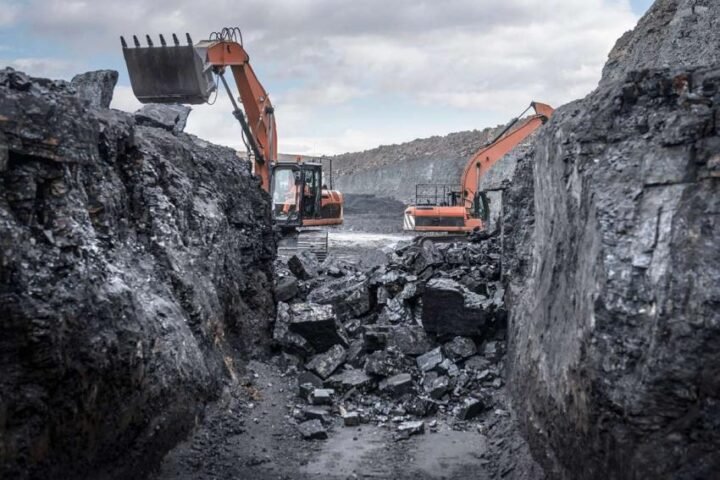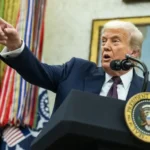In the second quarter of 2025, Google announced the removal of nearly 11,000 YouTube channels and related accounts linked to propaganda from Russia, China, and other countries. Among these, more than 2,000 channels connected to Russia were blocked as part of efforts to combat disinformation.
Coordinated crackdown by Google’s Threat Analysis Group
The account removals were carried out by Google’s Threat Analysis Group (TAG), which targets global information campaigns and coordinated influence operations. Russian-linked content, disseminated in multiple languages, systematically pushed pro-Kremlin narratives aimed against Ukraine, NATO, and the West. The disinformation frequently involved attacks on the Ukrainian government. Additionally, over 7,700 Chinese-linked channels promoting the image of the People’s Republic of China and supporting Xi Jinping’s policies were also removed during this period.
Ongoing actions against Russian state media on YouTube
The report highlights a May operation that took down 20 YouTube channels, four Google Ads accounts, and one Blogger account tied to Russian state media outlet RT. YouTube began blocking RT channels in March 2022, immediately following Russia’s full-scale invasion of Ukraine. Early closures included RT and Grozny TV, as well as official federal channels such as the Russian State Duma’s “Duma TV,” and channels of prominent figures like Vladimir Solovyov and Maria Zakharova. Other removals in 2024 involved director Nikita Mikhalkov’s “Besogon TV” and over 40 regional VGTRK channels.
Tackling disinformation as a global security priority
Google TAG’s ongoing detection and removal of networks linked to Russian intelligence units such as the GRU and FSB underscores the company’s transparency and commitment to mitigating these threats. Blocking channels that violate YouTube’s policies—covering disinformation, metadata manipulation, and fake accounts—helps reduce toxic content reach. However, some Russian networks circumvent restrictions using proxy channels and platforms outside Google’s control, such as TikTok and Telegram.
European Union response to Russian disinformation
The EU views Russian disinformation campaigns as deliberate attempts to undermine democratic values and interfere in internal politics by spreading distorted narratives about the war in Ukraine and weakening support for sanctions against Russia. Efforts to counter these operations include the East StratCom Task Force and partnerships with tech companies like Google, Meta, and TikTok. Yet, insufficient coordination among Google, national authorities, and independent analysts slows response effectiveness.
Ukraine’s emphasis on close cooperation with tech platforms
Ukraine stresses the critical importance of collaboration with companies like Google to swiftly identify and block hostile channels. These networks disseminate content that demoralizes society, discredits the Ukrainian armed forces, and diminishes trust in international partners. Such digital propaganda represents both a psychological attack and a direct challenge to national security. Maintaining digital hygiene is a frontline defense in modern warfare.
The full scope of Google’s efforts against these coordinated campaigns reflects a broader struggle to protect information integrity amid ongoing geopolitical conflicts and highlights the evolving role of tech platforms in safeguarding democratic processes and security.
